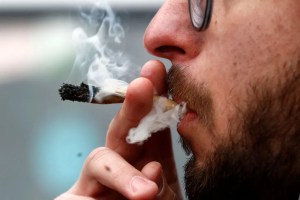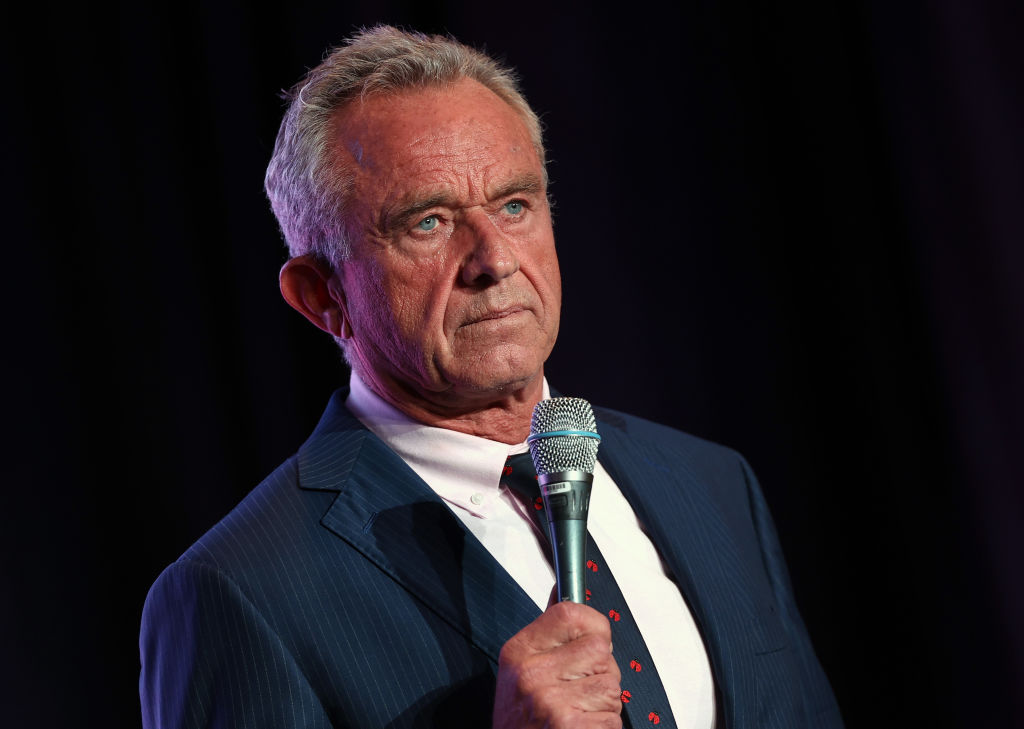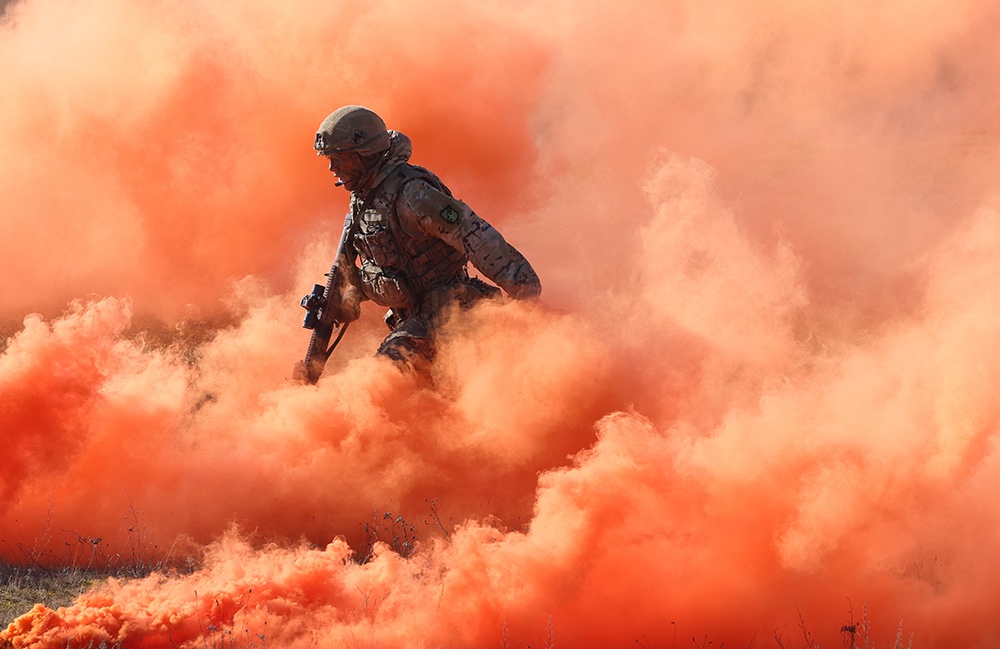J.K. Rowling is no stranger to media attention and her recent assertion that she contracted COVID-19 and recovered more quickly because of using a particular breathing technique has, not surprisingly, garnered coverage around the world. This does raise the question whether breathing in a particular way could actually alter the progression of this lethal virus.
Please watch this doc from Queens Hospital explain how to relieve respiratory symptoms. For last 2 weeks I've had all symptoms of C19 (tho haven't been tested) & did this on doc husband's advice. I'm fully recovered & technique helped a lot.https://t.co/xo8AansUvc via @YouTube
— J.K. Rowling (@jk_rowling) April 6, 2020
The first thing to look at is the technique itself, which is in effect a form of controlled coughing. Five deep breaths are taken, and the sixth deep breath is ended with a forceful cough after covering the mouth. After doing two cycles of this you then lie flat on your stomach and breathe deeply for 10 minutes (this is because most of the lung is on our back rather than our front). Rowling says this technique helped her back into full recovery and has suggested it could be useful to friends and family suffering from the coronavirus, is free and has no side effects.
There is no question that Rowling is sincere in her belief this aided her recovery although her diagnosis was presumptive as she did not have a test for COVID-19. We must be very careful here not to give out the message that this will somehow impact on whether someone catches the virus, that it can affect the disease progression, or that it could reduce the risk of requiring treatment in intensive care — it will do none of these.
There are no clinical trials available to say whether controlled coughing helps the symptoms of people suffering from this coronavirus, and it may well be that Rowling would have improved anyway over time as most people do — we simply do not know — but it is hard to see the logic in promoting coughing in an illness where prolonged and uncontrolled coughing is one of its main symptoms.
Specialized breathing techniques do have their place in respiratory problems, such as in cystic fibrosis where controlled coughing helps to remove the thick sticky mucus that damages the lungs of sufferers, but this is part of specialized physiotherapy allied to hygiene techniques and proper training of the patient. With COVID-19, coughing releases large quantities of infected droplets into the atmosphere (hence the advice to cough or sneeze into the crook of your elbow) and so performing controlled coughing in public, or in the presence of friends and family carries the risk of spreading the infection further. This can be by both droplet transmission or from covering your mouth with your hand then touching a surface that other people go on to touch.
Will this breathing technique do any harm to you? No. Will it kill the virus or cure you of COVID-19? No. Does it have the potential to cause onward viral transmission? Yes, if used incorrectly and in public.
Practicing deep breathing is helpful in getting as much oxygen onto our body as possible and can make some people feel better both physically and psychologically but the simple fact remains — the best way to avoid catching coronavirus is to maintain social distancing, isolate when appropriate and wash your hands properly and regularly, and if you suspect you have symptoms of COVID-19, seek medical advice.
This article was originally published on Spectator Life.

























